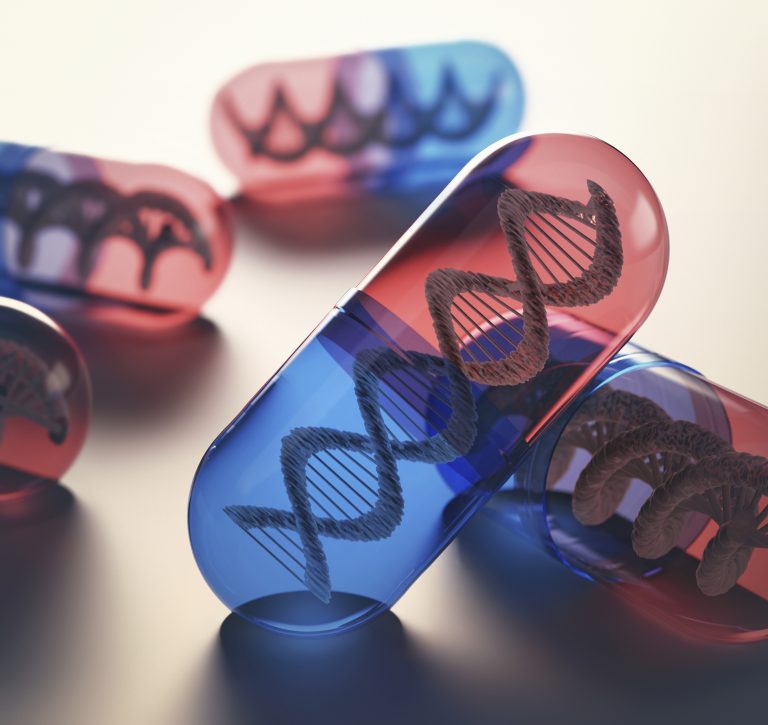
The FDA, NIH and fifteen private organizations and companies have launched the Bespoke Gene Therapy Consortium (BGTC) to help develop effective gene therapies for conditions that currently do not have treatment options.
The consortium is the sixth initiative to come out of the Accelerating Medicines Partnership, which was launched in 2014 and aims to overhaul and improve the current model for developing diagnostics and therapeutics.
Around 5,000 of the more than 7,000 known rare diseases have a genetic cause and, of these, 80% are triggered by a single genetic variant making them vulnerable to targeting by gene therapy. The BGTC aims to make this kind of therapy more accessible by creating a more standardized template for gene therapy development that can be applied to many different therapies.
The consortium will initially run for 5 years with $76.5 million funding in total, of this approximately $39.5 million will come from the participating NIH institutes and centers. There are 27 partners in the consortium spanning 12 public, 10 private and 5 nonprofit organizations. In addition to a number of NIH institutes, this includes the Alliance for Regenerative Medicine, the American Society of Gene & Cell Therapy, Pfizer, Takeda and Spark Therapeutics, Janssen Research & Development, Novartis Institutes for BioMedical Research and Biogen, among others.
“Up until now, the standard clinical trial and regulatory model for new drugs and biologics has made it difficult for drug developers to test and produce gene therapies for rare diseases,” said Peter Marks, Director of the FDA’s Center for Biologics Evaluation and Research.
“The limited number of bespoke gene therapies that have been developed were produced as one-off efforts at a high cost and without consistent processes. By creating a standardized, reusable approach that reduces up-front costs, the BGTC will help to lower these barriers, enabling real progress against a number of intractable diseases.”
The BGTC will focus on developing adeno-associated virus (AAV) vector gene therapy for rare diseases, which affect between 25 and 30 million Americans and their families. This will include improving production of these vectors, their delivery into human cells, and activation of the therapeutic genes in the body. Also reducing side effects associated with AAV usage such as those recently highlighted in Astellas’ trial of its gene therapy candidate for X-linked Myotubular Myopathy.
The consortium will support from four to six clinical trials to develop gene therapies for different rare diseases that do not currently have therapies in development. It is looking for candidates that already have early groundwork and research in place and could move rapidly to the early clinical trial phase.
“People with terrible genetic disorders are in dire need of solutions,” said Francis Collins, Director of the National Institutes of Health. “The BGTC promises to transform the field of gene therapy so we can treat or even cure rare diseases for which no current therapy exists.”













